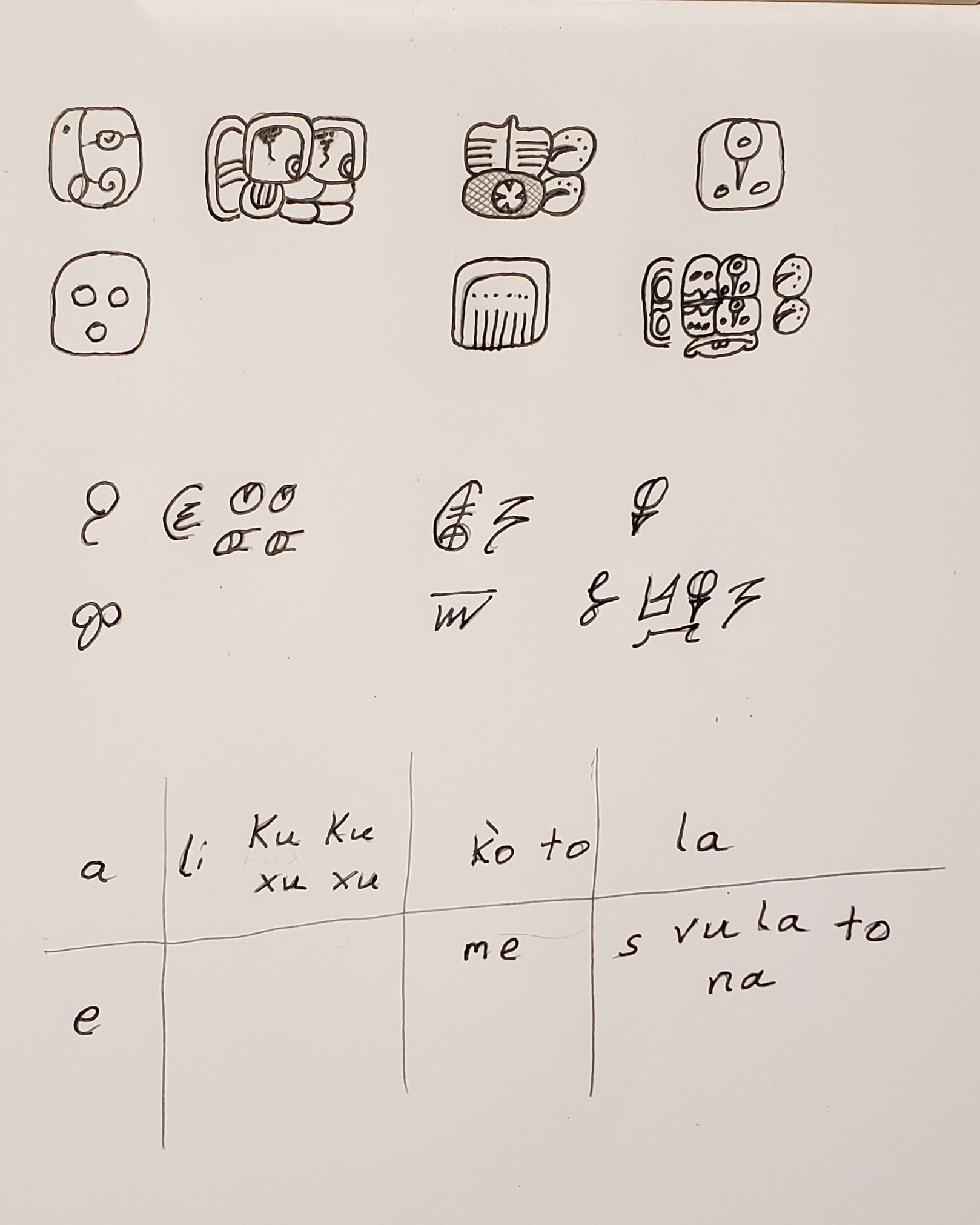I kept trying to make the connection between "get" in English and Spanish.
For instance "Can you get some apples at the store?".
Google translates this literally to "¿Puedes conseguir algunas manzanas en la tienda?"
Which is completely wrong, and in Spanish sounds really odd to other people, since conseguir means "to achieve" something.
In my classes, and multiple other times native English speakers had the same question as I did. Native Spanish teachers would just say "No we don't use conseguir for that."
But for me it was never really answered until it finally dawned on me...It turns out it is a stand in for an insane amount of actual verbs which is why I think I as a native speaker and others were so confused. We use it FOR EVERYTHING, without thinking about the context.
For those English speakers learning Spanish, or any language for that matter, don't make the same mistake I did! 😀 Just use the actual verb that is intended.
Quick summary of ways to use "to get":
• Obtain – I need to get a new laptop.
• Receive – She got a letter from her friend.
• Buy – I got some groceries.
• Understand – I don’t get what you mean.
• Become – He got tired after work.
• Fetch – Can you get me some coffee?
• Arrive – We got home late.
• Catch (illness) – He got the flu last week.
• Persuade – She got him to apologize.
• Prepare – I’ll get dinner ready.
• Experience – I get nervous before tests.
• Be punished – He got in trouble for cheating.
• Be affected by something – I got sunburned at the beach.
• Cause something to happen – Get the car fixed today.
• Bring – Can you get the book for me?
• Take revenge – I’ll get you for that!
• Hire – We need to get a plumber.
• Have permission – Did you get to leave early?
• Communicate with someone – I can’t get him on the phone.
• Hear/see clearly – Did you get that message?
• Be in a certain state – Things got worse over time.
• Escape/avoid – He got away with it.
• Seize/arrest – The police got the suspect.
• Move (to a place) – Get inside quickly!
• Make progress – I’m finally getting somewhere with this project.
• Be hit by something – I got hit by a snowball.
• Revenge/retaliate – You got me back for that prank!
• React emotionally – That movie really got me.
• Do something successfully – I got the door open.
• Escape from a place – Let’s get out of here.
• Make someone do something – I’ll get him to help us.
• Cause someone/something to move – Get the dog inside.
• Understand in a deep way – I finally get why she was upset.
